CW: abuse, violence.
Yesterday was the 12th anniversary since my dad passed away from pancreatic cancer.
In the Chinese Zodiac, 12 years represents one complete cycle, the passage of time required to go through all 12 animal signs.
I have struggled, these twelve years, with knowing how to tell the whole truth about our family story.
The truth is that my dad was an abuser. While I have told many stories about our intergenerational trauma, outside of more controlled spaces, I have danced around using the word abuse. I don’t owe this story to anyone. But I believe that it is a gift for people like me to be visible, about how we have successfully ended cycles of abuse and what life is like after.
My main worry has been this: that once my story of abuse enters public awareness, all the nuance and beauty of our family will be overshadowed by the western stereotype of violent Asian men. This is the fear when you’re from an underrepresented demographic, that people cannot actually see you past the easier stereotypes, and that you will endanger the collective in your attempt to individually heal.
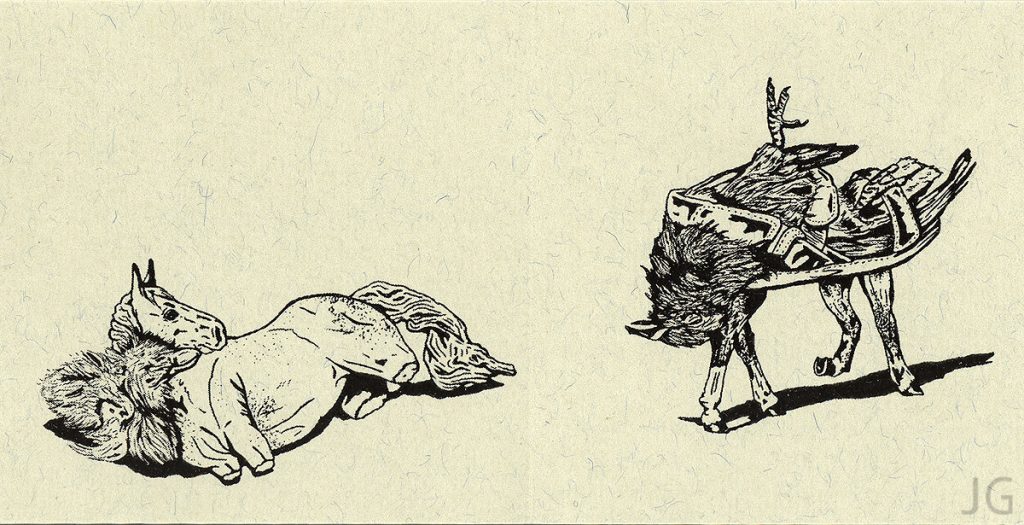
But there is power in people of color processing these traumas. It validates us as individuals instead of a monolith. It gives us the context and breadth of stories necessary to understand the true impact of white supremacy on our ancestors and ourselves. It finally reckons with how abuse is different for children of diasporas. While abuse is horrible and inexcusable for everyone, when white people distance themselves from toxic blood relatives, they still get to be part of a white dominant culture, which acts as a white safety net. But for children of diaspora, separating ourselves from toxic relatives doesn’t just cost us our immediate families. It costs us our roots, displaces us. We have to culturally rebuild ourselves or else experience colonization all over again.
On this twelfth anniversary of my dad’s passing, I want to give my dad the grace and humanity afforded to more privileged yet equally / more flawed men. My dad was clever, charismatic, and entrepreneurial. He was gregarious with people, at least those who weren’t his family. He once persuaded a young man who was putting himself in a lot of danger to move back in with his aging father. He convinced a couple experiencing marital problems to see the value in each other and try again. He easily spoke up against injustice, with nearly as much eloquence in his second language as his first.
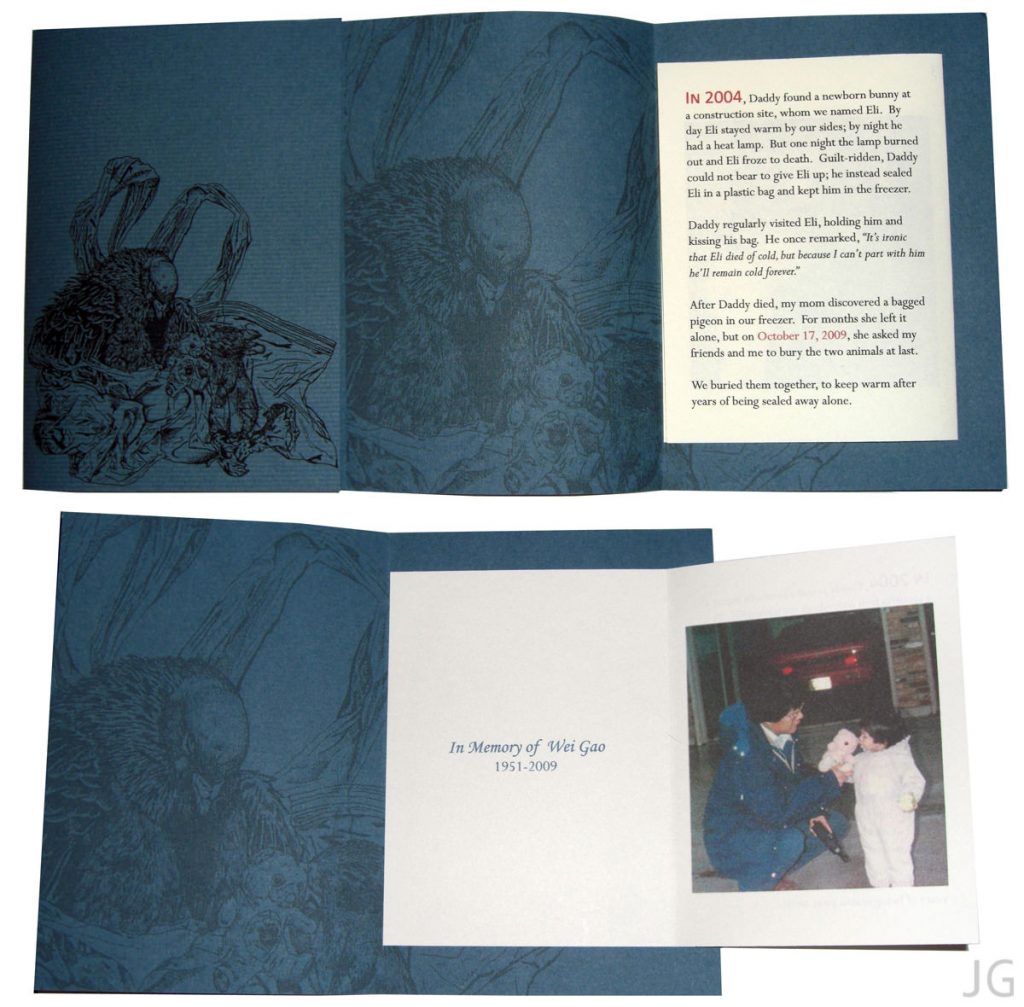
I also want to hold my dad accountable. His unresolved pain turned to violence, and for all his bravado, he wasn’t brave. In me, his only child, he saw, loved, and resented an image similar to himself, yet different, who could do everything he could not. He saw me excel in academics, when the Cultural Revolution interrupted his own education in the seventh grade. He condemned me for wanting to be an artist, when more than anything, he wanted to be a writer.
Most of all, he was angry when I defended my mom, the Taiwanese “other” with the least privilege in our family, who was the main target of his physical abuse. I learned when I was in elementary school that while he was verbally and emotionally cruel towards me, he didn’t want to hit me. This was my first lesson in privilege, and how it depends on the abuser and oppressor seeing himself in you. This was also my first lesson in weaponizing privilege. I learned that I could use my body to shield my mom and make him stop hurting her. But as I got older, the gap between us widened. I feared that the more I achieved, and the more shame he felt, the less safe all of us would be. Someone was going to die. We just didn’t know that cancer would make the choice for us.
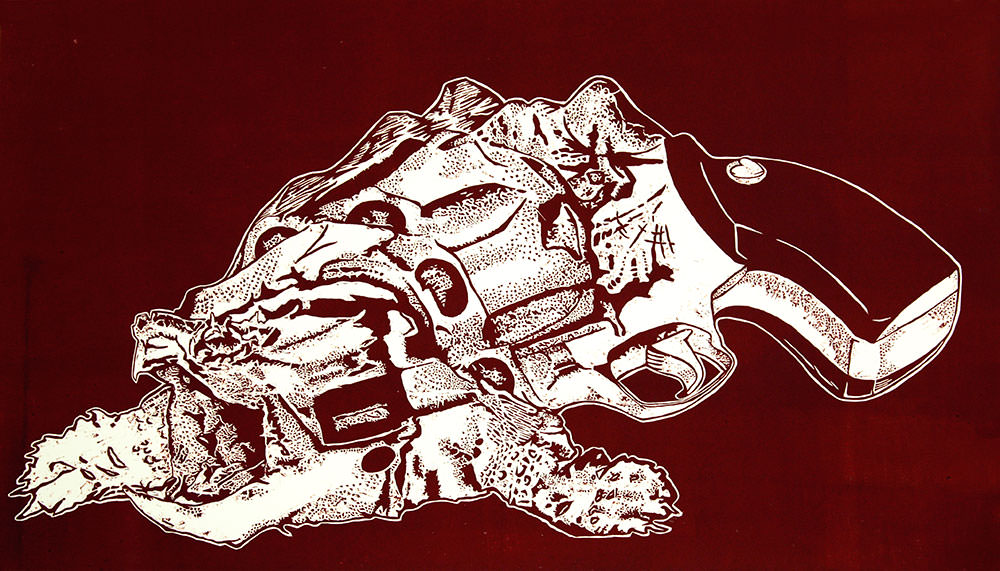
All my life, I have wondered, why am I the one that got out?
It takes equal parts work and rest to get to a place of healing. I have come to describe this healing process as “completing the test.”
When I was a kid, bad things would often happen right after I had done something good, and I thought it was my fault. As a result, I would often stop just short of how far I actually wanted to go. It took a long time for me to realize that he was the one sabotaging my successes, and then more time to unlearn the desire to reinforce that. Self-sabotage is the way that we often reenact the survival tactics of our youth. Self-sabotage is an interruption, that in a twisted way, is trying to protect us from the backlash of our success.
“The test,” conversely, is the commitment to our pursuits. We must overcome the desire to interrupt our ambition and success. We must complete the test.
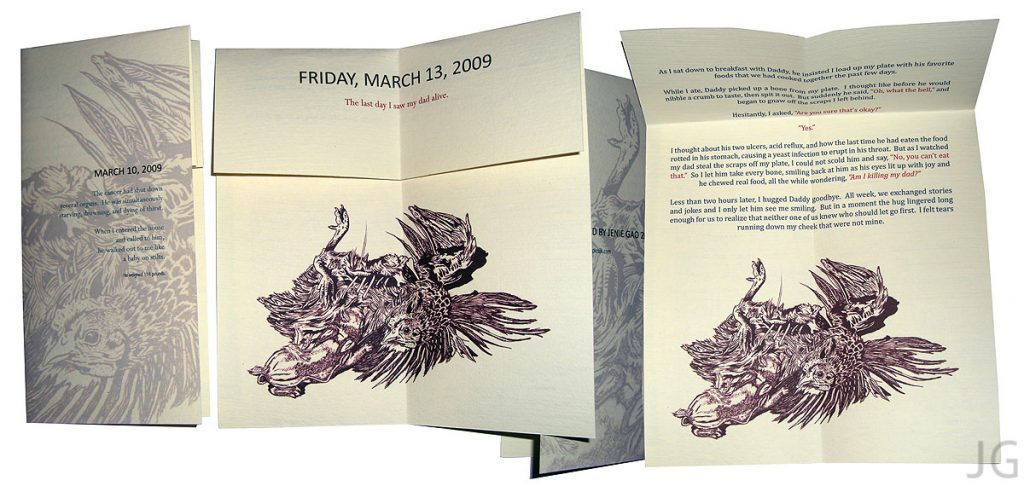
12 years ago, I helped my mom pay off my dad’s medical bills with my three part-time jobs. I graduated from Washington University right into a recession, broke and broken. I didn’t have the privilege to wait out the recession by going to graduate school, and thank goodness because what a terrible choice that would have been. So I got to work. I pledged to myself then, to embrace the route I was on, and to keep reminding myself: this would not look like the dominant narrative, and that’s precisely what would make me who I needed to be.
12 years. One complete cycle. It is the year of the ox again. The power of a cultural signifier, even for those of us distanced from our roots by diaspora, is incredible. Yesterday, for the first time in 12 years of March 31sts, I felt abundance instead of grief, closure instead of loss.
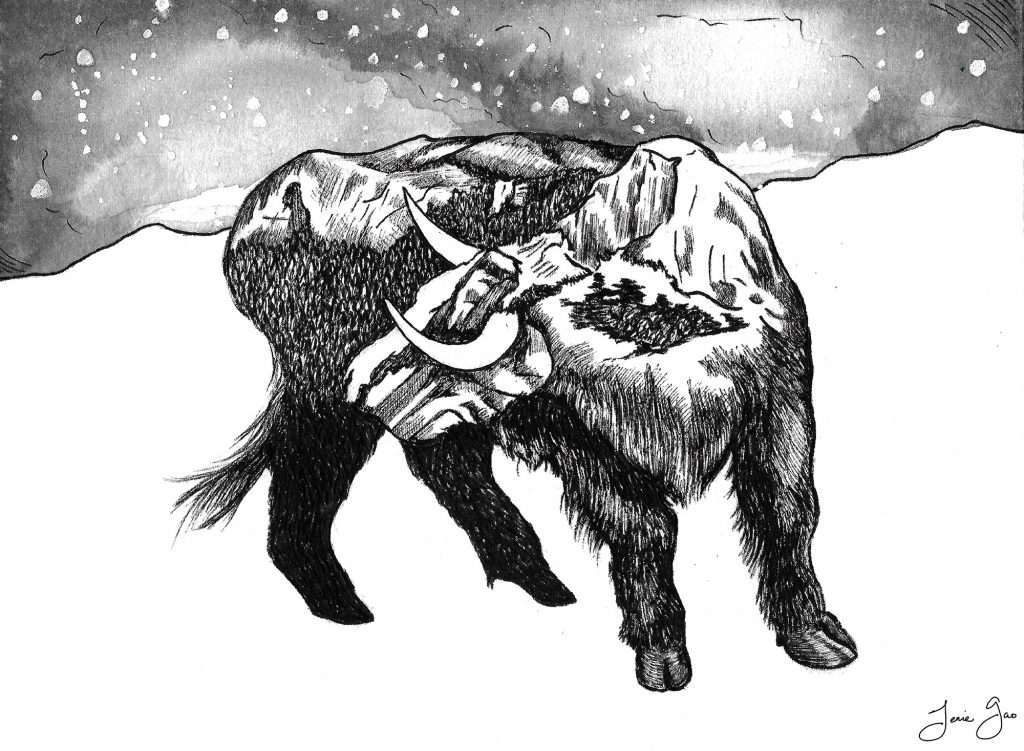
The significance of choosing to go to school when it would be simpler to stick with my business as-is, of getting married to someone who wholeheartedly loves me and supports my dreams especially when they take me far, 12 years after my dad’s passing, is not lost on me. This is the closure of one cycle, and the start of another.
I am not religious. But if the souls of our ancestors can see us, I hope he can finally see me, the actual me, without the filter of his pain or who he wished he was. Had he been a healed person in his lifetime, we would have turned out differently, too.
I am starting to understand what ends cycles of abuse. It is access to different examples and possibilities that do not look like the dominant narratives surrounding us. It is the chance to oppose the wrong done to us. It is the agency to choose something different for ourselves. It is the opportunity to be – and expand – who we are meant to be.
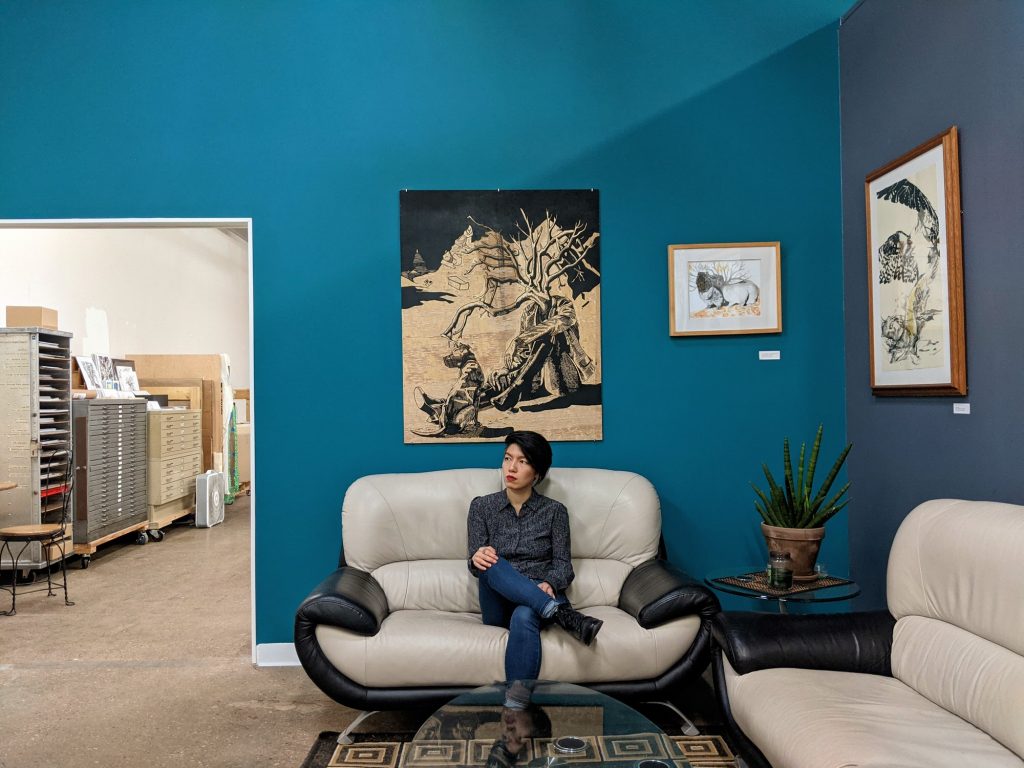

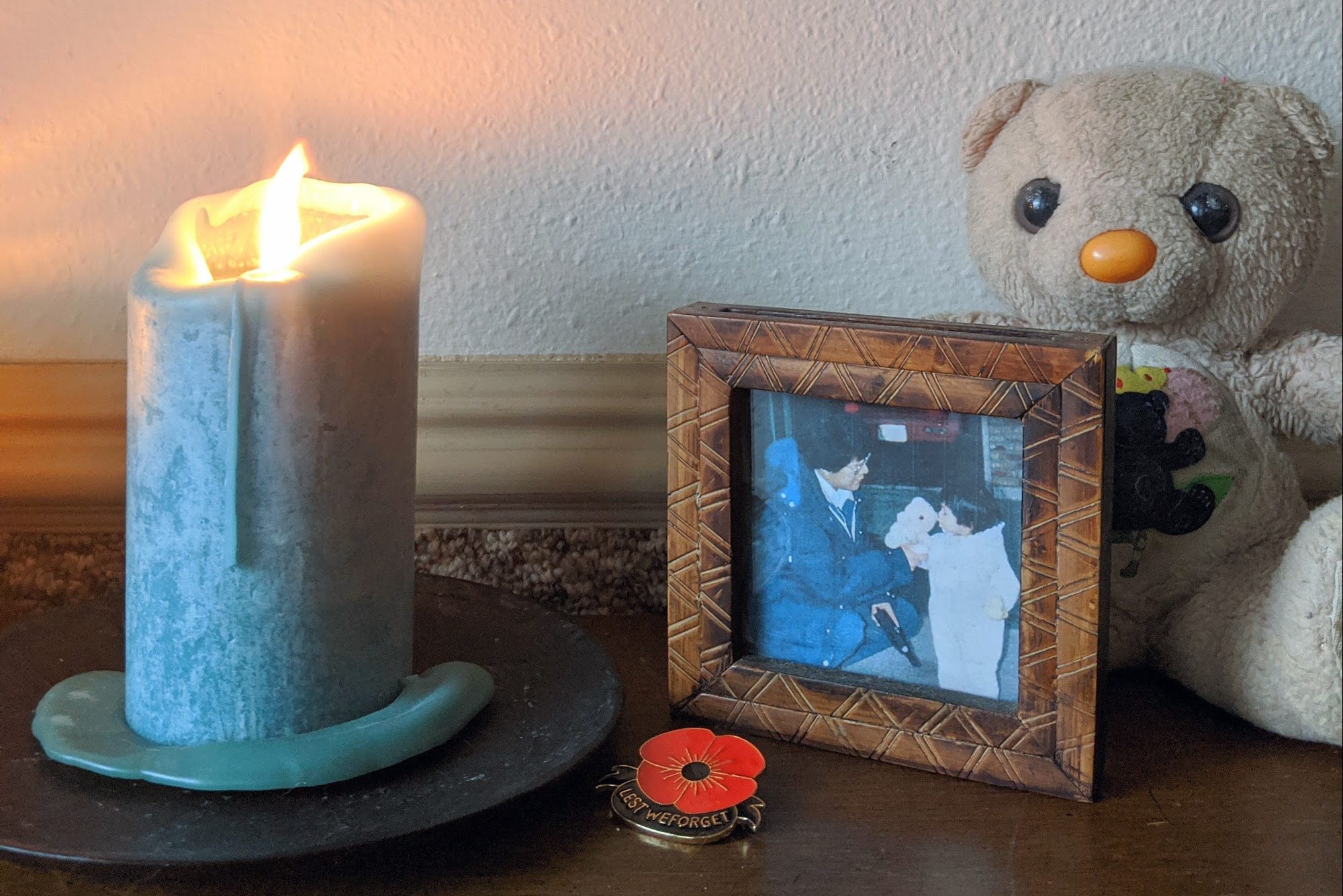
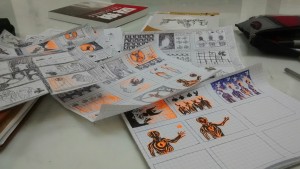
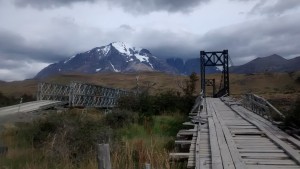

Thanks for sharing your story. You are an excellent writer. So glad you have endured and now are able to realize your dreams.